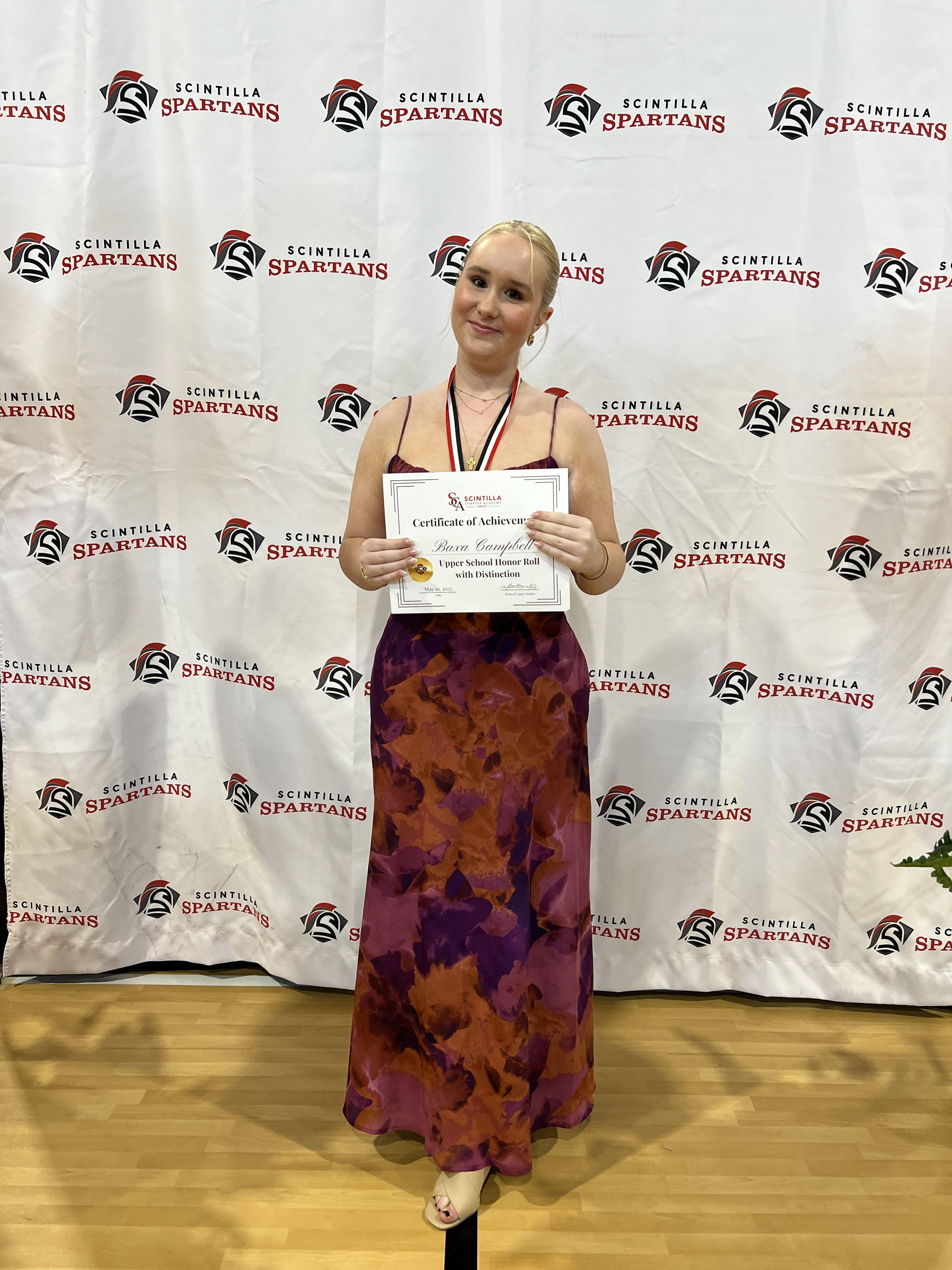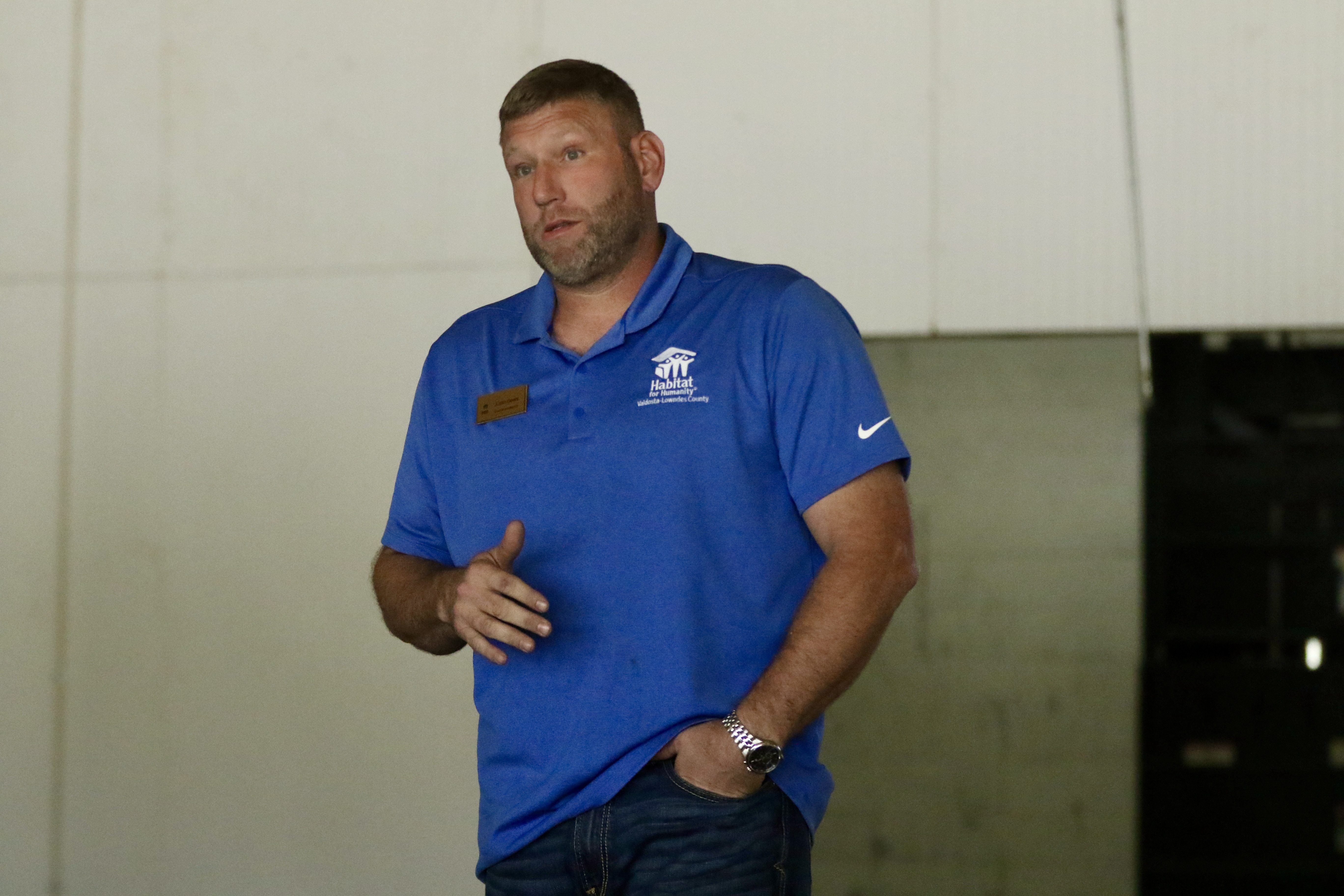BURTON FLETCHER: Applying library rules to everyday life
Published 9:06 am Friday, November 22, 2024
 Libraries serve as more than just repositories of books; they represent a sanctuary for learning, contemplation, and growth. The rules established in libraries ensure a conducive environment for all patrons and possess valuable lessons that can be effectively applied to daily life. We can foster a more respectful, productive, and harmonious society by applying these rules to our everyday lives.
Libraries serve as more than just repositories of books; they represent a sanctuary for learning, contemplation, and growth. The rules established in libraries ensure a conducive environment for all patrons and possess valuable lessons that can be effectively applied to daily life. We can foster a more respectful, productive, and harmonious society by applying these rules to our everyday lives.
Firstly, one of the most crucial library rules is to **listen to the librarian**. This rule emphasizes the virtue of attentiveness. Listening to those in positions of knowledge or authority — be it teachers, supervisors, or even friends — enriches our understanding and promotes a sense of community.
When we actively listen, we demonstrate respect for the perspectives of others, which can lead to better communication and fewer misunderstandings.
Secondly, the rule to **inquire if you need help** highlights the importance of seeking support when necessary. In the library, questions are encouraged to facilitate learning and exploration.
Similarly, in our everyday lives, asking for help is not a sign of weakness; instead, it reflects our willingness to learn and grow. Whether in a workplace setting when we are uncertain about a task or in personal matters when we face challenges, reaching out for assistance can lead to solutions and stronger relationships.
Another essential rule is to be respectful of others. Libraries emphasize mutual respect and consideration for others’ needs and spaces, a principle that has wide applications in daily interactions.
Practicing daily respect helps build positive relationships and a more supportive community. This involves simple gestures, such as acknowledging others’ opinions, valuing their time, and demonstrating kindness in our words and actions — habits that contribute to a more peaceful coexistence.
The library also encourages us to read and talk quietly. This notion of mindfulness reminds us to be aware of our surroundings and the impact of our actions on others.
In non-library settings, being mindful of our volume and behavior, particularly in shared spaces like restaurants or public transport, fosters an atmosphere of tranquility and respect. Striving for a quieter demeanor can also enhance our focus and productivity.
The guideline to **always walk, never run** in the library is a metaphor for taking our time and being deliberate in our daily actions. In our fast-paced world, we often rush through tasks, missing out on important moments and details.
Adopting a slower, more thoughtful approach to our daily routines can enhance our awareness and appreciation of the present, leading to a more fulfilling life.
Finally, the value of **good manners** cannot be overstated. Whether in a library or any social setting, courteous behavior fosters goodwill and positive interactions.
Using polite language, expressing gratitude, and showing appreciation for others are small but impactful ways to enhance our social environments.
In conclusion, the rules that govern libraries hold profound lessons that can be seamlessly integrated into everyday life. By listening to others, seeking help, showing respect, practicing mindfulness, taking time, and maintaining good manners, we can transform our interactions and create a more supportive and enriching community.
Applying these simple yet effective principles can lead us toward a more harmonious and fulfilling existence, proving that the essence of library rules stretches far beyond the shelves of books.
Burton Fletcher, JD, MBA, is a local writer, poet, and marketing and publicity specialist. He is a retired full professor of Business Administration, holding lifetime teaching credentials in business and industrial management, marketing and distribution, and law. Additionally, he is an emeritus attorney member of the State Bar of Georgia. Fletcher is the president, founder, and executive director of the Burton Fletcher Foundation for Animals, Inc., a 501(c)(3) nonprofit organization. He can be reached at Burton@BurtonFletcherFoundation.org.





